Propane gas bottles are an essential energy source for a wide range of applications, from home heating and cooking to industrial and commercial use. Whether you’re looking to power your BBQ, heat your home, or fuel your RV, understanding how propane gas bottle work, their benefits, and safety measures is crucial.
In this comprehensive guide, we’ll cover everything you need to know about propane gas bottles, including their types, benefits, maintenance tips, and safety precautions.
What Are Propane Gas Bottles?
Propane gas bottles, also known as propane cylinders or tanks, are portable containers used to store and transport liquefied petroleum gas (LPG), specifically propane. These bottles are designed to safely store propane in liquid form under pressure, making it available for use in homes, businesses, and recreational activities.
Types of Propane Gas Bottles
There are various types of propane gas bottles available based on size, usage, and material. Here are the most common types:
1. Small Propane Cylinders (1 lb – 5 lbs)
- Typically used for portable camping stoves, small grills, and lanterns.
- Lightweight and easy to transport.
2. Medium-Sized Propane Tanks (10 lbs – 40 lbs)
- Commonly used for BBQ grills, small space heaters, and outdoor patio heaters.
- Refillable and convenient for residential use.
3. Large Propane Tanks (50 lbs – 100 lbs)
- Ideal for heating homes, RVs, and larger commercial equipment.
- Requires proper installation and safety precautions.
4. Industrial and Commercial Propane Tanks (250 gallons – 1000 gallons)
- Used for large-scale heating, commercial kitchens, and agricultural purposes.
- Typically installed by professionals and require regular inspections.
Benefits of Using Propane Gas Bottles
Propane gas bottles offer numerous advantages over other fuel sources. Here are some key benefits:
1. High Energy Efficiency
Propane burns hotter and more efficiently than many other fuel sources, providing consistent energy output while reducing fuel consumption.
2. Environmentally Friendly
Propane produces fewer emissions compared to gasoline and diesel, making it a cleaner alternative for both residential and commercial use.
3. Cost-Effective
Propane is often more affordable than electricity and other fossil fuels. Additionally, its high efficiency means you get more energy for your money.
4. Versatile Applications
From heating and cooking to fueling vehicles and industrial machinery, propane is a highly versatile energy source.
5. Portable and Convenient
Propane gas bottles are easy to transport and store, making them ideal for outdoor activities such as camping, tailgating, and BBQs.
How to Choose the Right Propane Gas Bottle
Selecting the right propane gas bottle depends on several factors:
1. Determine Your Usage
Consider how often you will use the propane and for what purpose. Smaller bottles are suitable for occasional use, while larger tanks are better for long-term needs.
2. Check Compatibility
Ensure that the propane bottle fits your equipment and has the correct valve connection.
3. Storage Space
Consider the available space for storing the propane bottle, ensuring proper ventilation and safety compliance.
4. Budget
Larger propane tanks may have a higher upfront cost but can be more cost-effective in the long run due to reduced refilling frequency.
How to Store and Maintain Propane Gas Bottles
Storage Guidelines
- Store propane bottles in a well-ventilated outdoor area.
- Keep them away from direct sunlight, extreme heat, and flammable materials.
- Store upright to prevent leaks.
- Avoid placing propane bottles indoors or in enclosed spaces like garages.
Maintenance Tips
- Regularly inspect for leaks by applying soapy water to the valve and checking for bubbles.
- Keep the valves and connections clean.
- Replace outdated or damaged bottles.
- Have your propane tank professionally inspected if you suspect any issues.
Propane Gas Bottle Safety Precautions
Handling and Usage Safety
- Always check for leaks before using a propane bottle.
- Keep the bottle in an upright position while in use.
- Use propane bottles in well-ventilated areas to prevent carbon monoxide buildup.
- Never tamper with safety valves or pressure regulators.
Transportation Safety
- Secure propane bottles upright during transportation.
- Do not leave propane bottles inside a hot vehicle.
- Ensure that the valve is tightly closed before transport.
Emergency Procedures
- If you detect a gas leak, turn off the supply immediately and move the bottle to a well-ventilated area.
- Avoid using electrical devices or open flames near a leaking propane bottle.
- Contact emergency services or a propane supplier if a leak occurs.
Refilling vs. Exchanging Propane Gas Bottles
When your propane bottle runs out, you can either refill it or exchange it for a full one. Here are the pros and cons of each method:
Refilling
✅ More cost-effective
✅ You keep your own propane bottle
✅ Can refill partially used bottles
❌ Requires a refill station nearby
Exchanging
✅ Convenient and fast
✅ No need to inspect your bottle for wear and tear
❌ More expensive than refilling
❌ You may receive an older bottle in exchange
Common Uses of Propane Gas Bottles
1. Home Heating
Propane is widely used to power home furnaces, space heaters, and water heaters.
2. Cooking and Grilling
Many households and restaurants use propane for stoves, ovens, and outdoor BBQ grills.
3. RVs and Camping
Propane is a popular fuel choice for RVs, campers, and portable stoves, offering a reliable energy source on the go.
4. Industrial Applications
Factories and warehouses use propane for forklifts, heating, and power generation.
5. Agricultural Use
Farmers use propane to power irrigation systems, grain dryers, and greenhouses.
Propane Gas Bottle Regulations and Compliance
Depending on your location, propane gas bottle usage is subject to various regulations. Some key compliance measures include:
- Using certified propane bottles that meet safety standards.
- Following local fire and building codes for storage and installation.
- Properly labeling propane bottles with hazard warnings.
- Periodic inspections for leaks and structural integrity.
Conclusion
propane gas bottle are a reliable and efficient energy source for various applications, from home heating to industrial use. By understanding how they work, how to store them safely, and the best practices for refilling and exchanging, you can maximize their benefits while ensuring safety.
Whether you’re a homeowner, camper, or business owner, propane offers a cost-effective, environmentally friendly, and versatile fuel solution. Always follow safety precautions, conduct regular maintenance, and stay informed about local regulations to ensure the safe and efficient use of propane gas bottles.


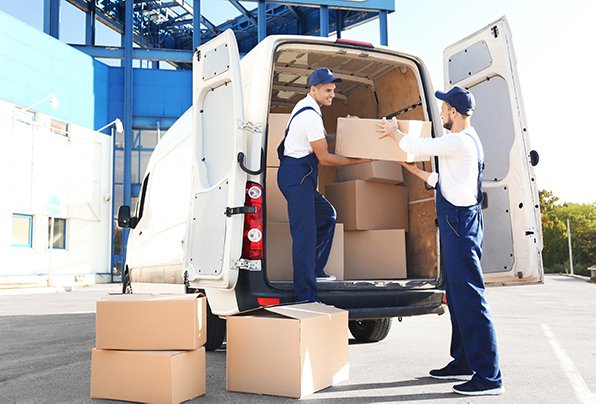
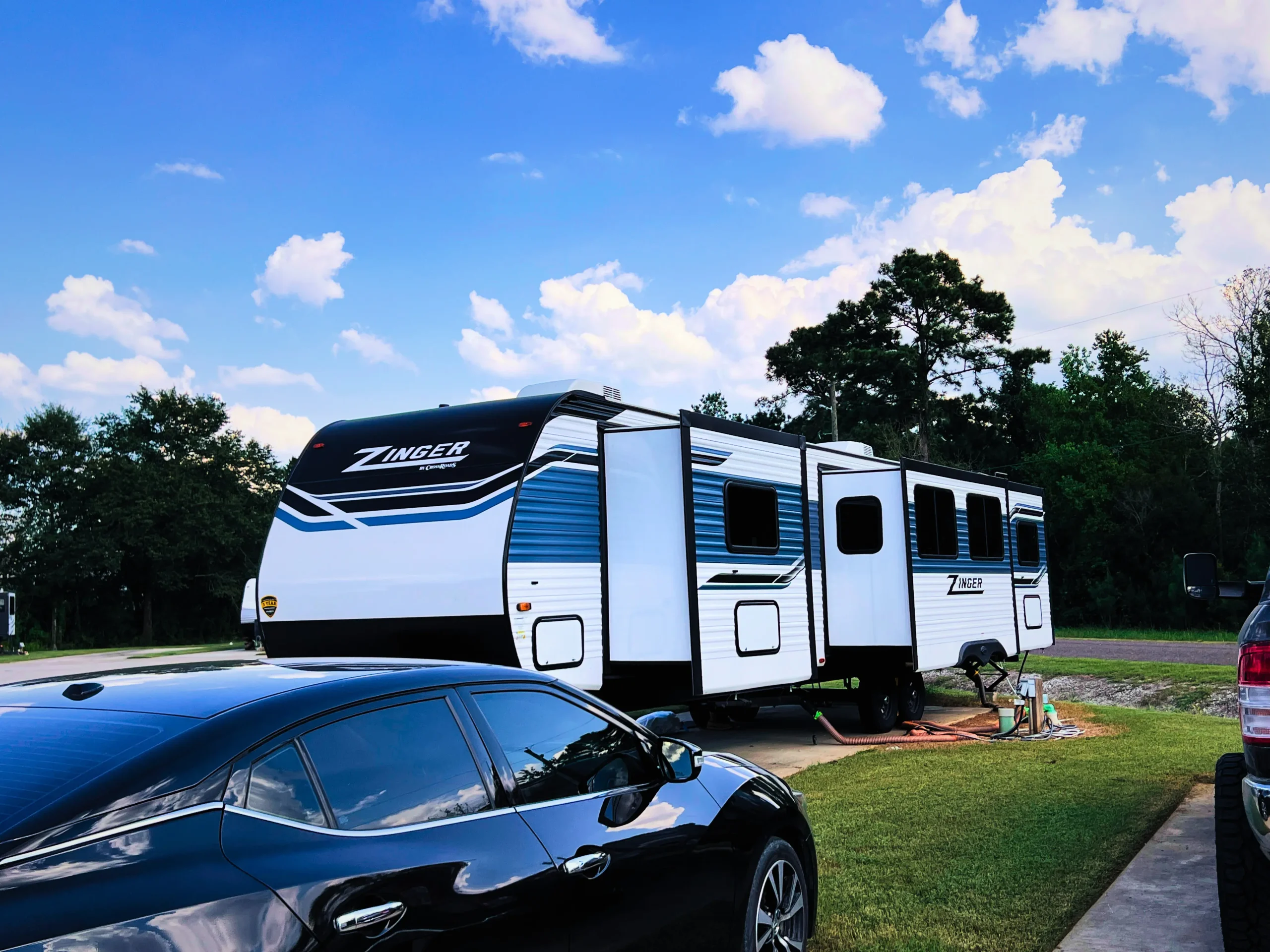
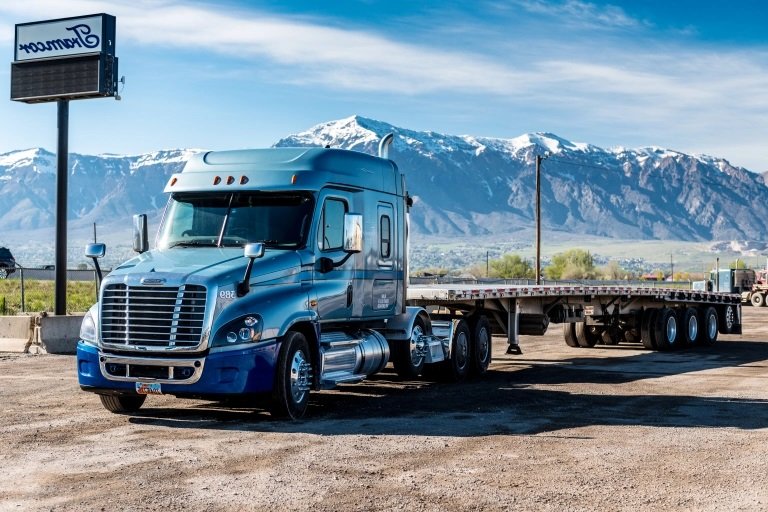

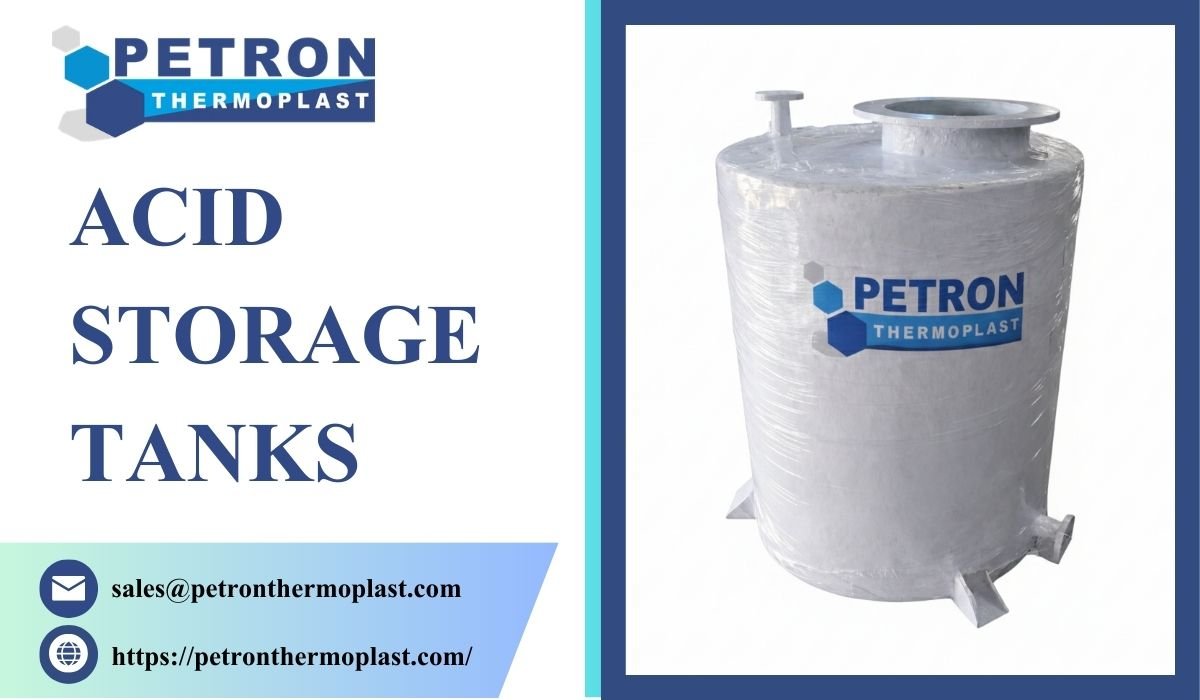
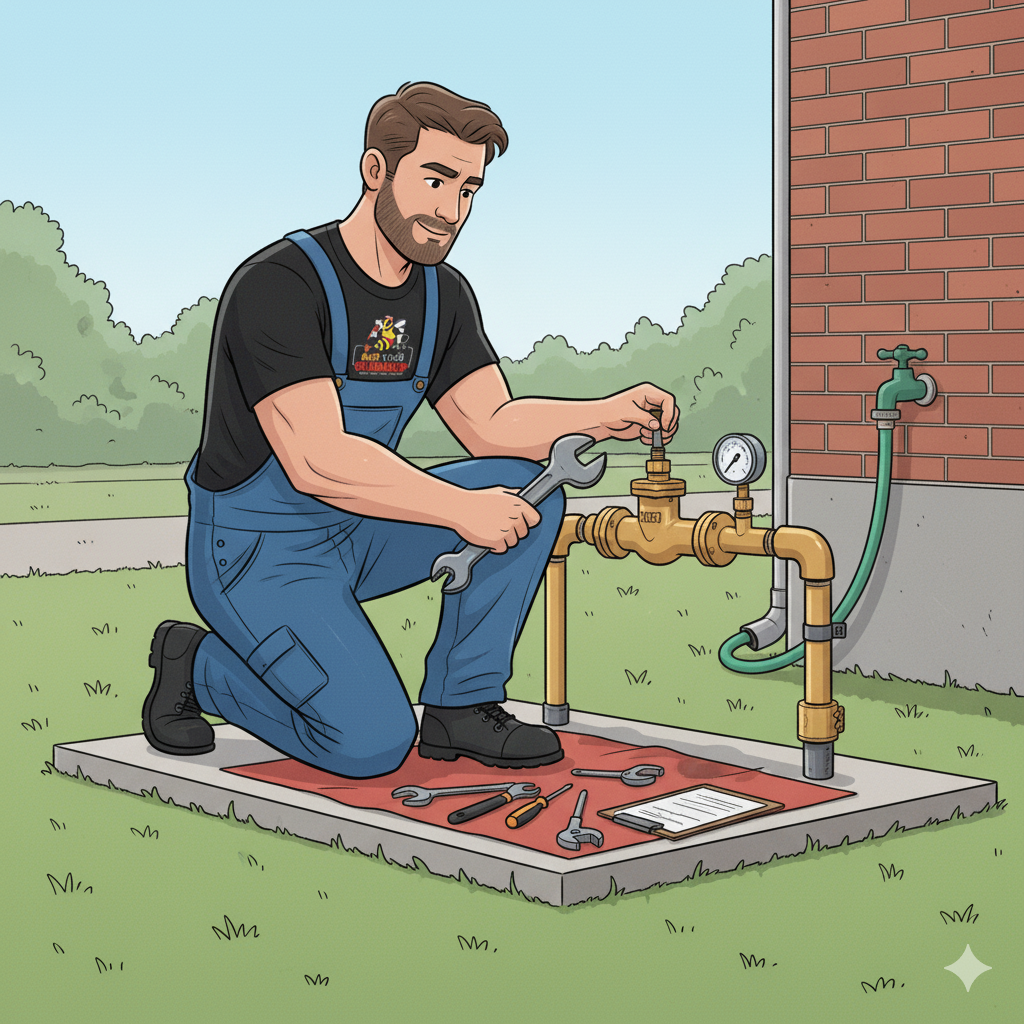




Leave a Reply